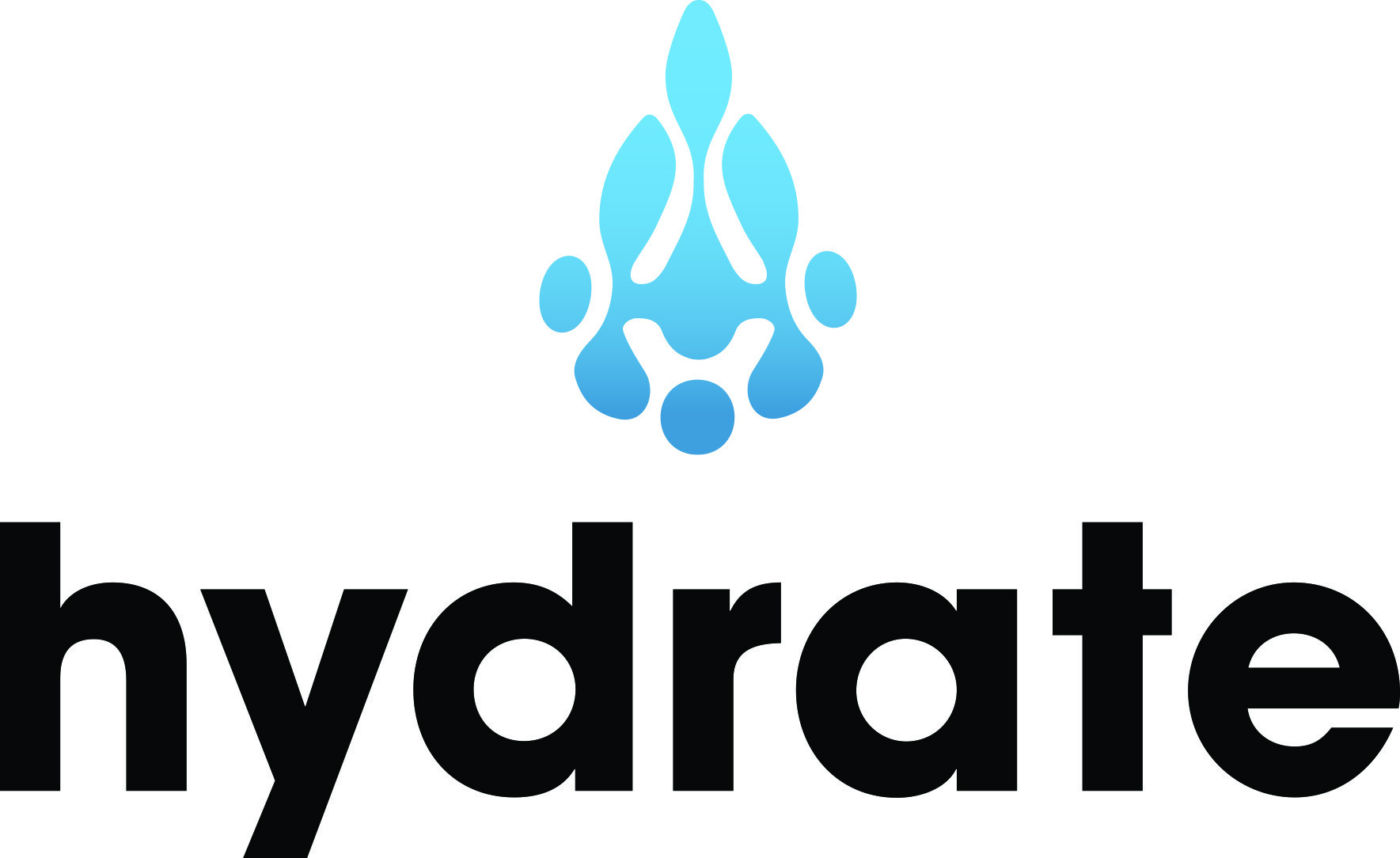It’s no secret that most consumers research products and services before turning from prospect to customer. What they most want to hear about are experiences other people have had with a company. According to Planet Marketing, 90% of people check out what their peers are saying about a business first, then decide if they’d like to interact further. Also, 72% of people said they will only interact with a business that has positive reviews. Why is this?
The Trust Factor
Many consumers doubt what brands have to say about themselves. Afterall, why would they say anything negative about themselves when at least one of their main goals is to sell? This is why recommendations from people within a consumer’s personal or professional network are so successful. You might be surprised to find out, however, that people also trust reviews from those they don’t actually know. Most consumers are more likely to believe a complete stranger’s opinion on your company than your own because reviewers usually have an initially impartial perspective. Gaining trust is no easy feat in the time of the empowered buyer, but reviews are a great tool that have been proven to help...
- 85% of consumers trust online reviews as much as personal recommendations. - BrightLocal
- 60% of consumers believed customer reviews were either trustworthy or very trustworthy. - HubSpot
- The majority of customers read between four and six reviews before trusting a business. - Invesp
- Positive customer reviews make 73% of customers trust a business more. - BrightLocal
Online Reviews Are Valuable
Aside from helping you gain consumer trust reviews can also help your brand’s overall reputation and success online. Just like having an optimized website and active social media, reviews are another way people can interact with and learn about your company. This is a requirement for modern businesses that wish to grow. Customer reviews…
- Drive traffic to your website. According to BrightLocal, 57% of customers visit a company's website after reading positive reviews.
- Improve your website’s SEO. The more your brand is mentioned online, the more visible you will be to search engines.
- Increase click-through rates. Google states that having seller ratings can increase CTR by up to 17%.
- Encourage spending. According to Planet Marketing, up to 31% of people are likely to spend more on a business that has positive reviews. This makes sense since they know more ahead of time about what you're selling and if it will work for them.
Where Do Customer Reviews Come From?
The good news is that customers actually do not mind leaving reviews. Even those who don’t naturally gravitate towards Yelp after trying a new product or service might be happy to do so after being gently prompted by a company. Out of those surveyed in a BrightLocal study, 68% of customers who were asked to give feedback were willing. One of the best ways to make leaving positive reviews easy for your customers, besides asking them directly, is by making sure your company is listed on all of the most popular review sites, such as...
- Google
- You probably know this already, but Google is the world’s biggest search engine. If someone wants to know about a product, service, or business they’ll often head here first. On Google, any reviews will appear in the search results for your business, so the more positive information that can be found there the more likely you are to grow your customer base.
- Facebook
- Although it’s no Google, according to BrightLocal’s studies, Facebook is one of consumers' most trusted sources of customer reviews in the U.S. Many people research companies on this mammoth social network, so be sure to have customer reviews on your business page.
- Yelp
- This is another favorite source for customer reviews. According to Invesp, 80% of users that visit Yelp go there because they intend to make a purchase and 98% of users have made a purchase at a business they found on the site. Having positive reviews here is important because the users are ready to spend, they just need a little proof that you're the right choice for them.
- Industry Specific Sites
- There are many places customers can leave reviews online, but the above three should be your top priorities. From there, think about what websites in your industry are wildly visited. Can you get some positive reviews there? For example, hotels should aim to get reviews on TripAdvisor and restaurants should do the same on OpenTable.
Meet people where they’re at. Having just one place for customer reviews is not enough. Many Facebook users don’t want to leave the social network to research or shop, so if you want to turn them into a customer, you’ll have to make the research process intuitive.
What Should Brands Do on Review Sites?
The first important step is claiming your business on Google, Facebook, and Yelp. The process is different for each website, but thankfully they all provide information in their help sections. Once your profiles are set up and customers are leaving reviews, be sure to monitor communication across all platforms. On both Facebook and Yelp, your response rate is visible to users so it’s extra important to prove to consumers that you’re attentive.
As frustrating as it might be, you must respond to negative reviews as well as positive reviews when monitoring. These can really hurt your brand’s reputation, but if you go in and publicly try to resolve the reviewer’s issue you can be back in good standing in no time. The previously upset customer may even turn into someone who comes back and leaves a positive review!
Don’t stress too much, a single review isn’t going to make or break your business, but that’s why it’s important to accumulate a variety of positive stories for prospects to read. Reviews and ratings are a visual, fast, and easy way for consumers to get information about your business. They’ll be looking whether you like it or not, so best to be present and make a conscious effort to collect positive reviews!








